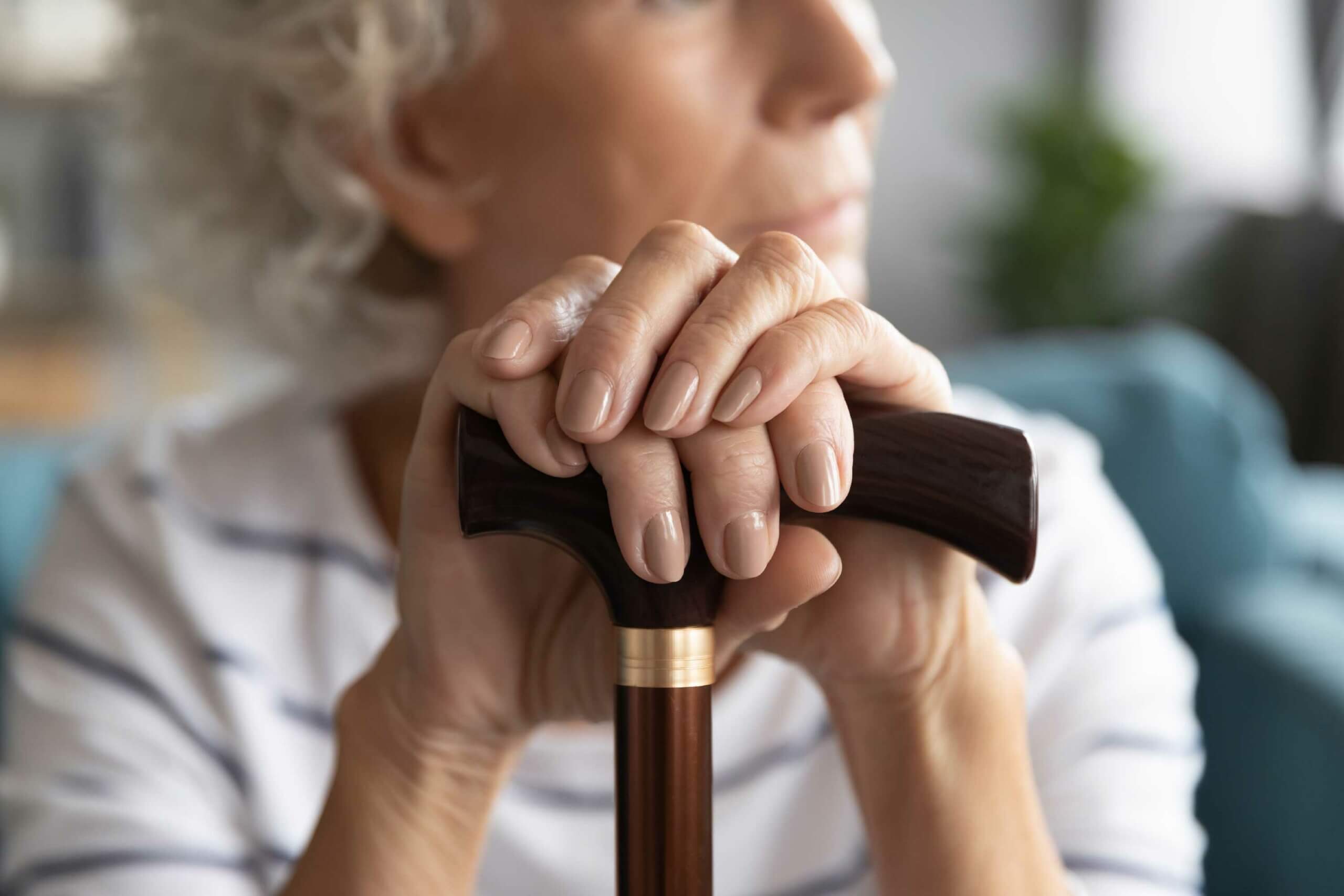Falls, while a risk at any age, can pose particularly grave consequences for the elderly. As per NHS statistics, approximately one-third of adults aged over 65 and half of those over 80 experience at least one fall annually.

In later life, falls can lead to minor injuries like bruises or cuts, but they can also result in fractures or serious head trauma. These more severe incidents often occur during winter months when slippery conditions prevail outdoors, while hazards such as wet floors or loose carpets inside the home also contribute to falls.
Various health conditions prevalent among older individuals heighten the risk of falls. Declining eyesight, hearing, and reflexes, coupled with muscle weakness, increase susceptibility to falls. Additionally, certain medications may induce dizziness or drowsiness, and conditions like heart disease, thyroid disorders, low blood pressure, and nerve issues can impair balance and coordination.
Fortunately, numerous preventive measures can mitigate these risks, encompassing both personal practices and home adaptations.
Regular exercise enhances muscle strength and bone density, crucial for improving balance and posture, thereby reducing the likelihood of falls. Activities such as daily walks, gentle home exercises, swimming (ideal for its low-impact benefits), and Tai Chi or Yoga promote fitness and cardiovascular health. For those more active, pursuits like golf, bowls, dancing, or tennis offer enjoyable alternatives.
Just 30 minutes of daily exercise aids in maintaining strength, managing health conditions effectively, and promoting better sleep.
Adequate hydration is essential as dehydration can cause confusion and dizziness, increasing the risk of falls. Aim for 6-8 glasses of fluids daily, including water, fruit juices, or tea, while limiting caffeine intake from tea or coffee to a moderate level.
Eating balanced meals three times a day, or smaller, regular snacks, helps sustain energy levels and prevents lightheadedness.
Regular checks for eyesight and hearing are vital as these faculties naturally decline with age, impacting balance and coordination. Addressing ear infections promptly and ensuring proper hearing aid use can significantly improve balance. Annual eye examinations (or more frequent for specific conditions like glaucoma or diabetes) help maintain vision clarity, crucial for preventing falls.
Certain medications, such as blood pressure drugs, antidepressants, or antihistamines, may cause dizziness as a side effect. Consulting with a GP ensures medications are adjusted or changed appropriately to minimize fall risks.
Properly fitting, supportive footwear is essential to preventing trips and falls. Replace worn-out shoes and slippers promptly to maintain stability and reduce fall risks.
Home Safety Checks
Regularly inspect the home environment for potential hazards like loose rugs, worn carpets, trailing wires, and ensure adequate lighting in all areas to enhance visibility and safety.